5-8 September 2021
From September 5th to the 8th, our partner CETIM participated to the 10th International Conference on Life Cycle Management.
The LCM (Life Cycle Management) conference series is one of the world’s leading forums for environmental, economic and social sustainability. The focus is on practical solutions for the implementation of life cycle approaches into strategic and operational decision-making, whether in science, industry, NGOs or public institutions. It takes place every second year, each time organized by a leading research institution and industry in the domain.
The 10th International Conference on Life Cycle Management was held as a virtual conference. More than 600 scientists and practitioners from over 40 countries met online. The objective of LCM 2021 was to discuss and advance the implementation of Life Cycle approaches with a broad scope of:
- industry sectors: mobility, production, automation, building and construction, materials and manufacturing, etc.
- supply chain stages: supplier, enabler, OEM, user, recycler
- company sizes : SME, multinational company, industry organization
- sustainability focuses: system sustainability, product sustainability, corporate sustainability
- research activities: basic research, applied research, industry research
- stakeholders: NGOs, public institutions, politics
During the event, CETIM had the occasion to present the a poster entitled “Life cycle assessment of laminated glass recycling into high added-value products”. You can find below the abstract of the poster!
Authors
Arias, Andrea; Fierro, Julio; Martínez, Cristina
Abstract
As the world population increases and living standards rise globally, demand on raw materials is expected to double by 2060 according to the OECD, thus increasing the impact on the environment. Petroleum and petroleum-based polymers are among the most in-demand materials, while being non-renewable, and linked to a high environmental footprint. Polyvinyl butyral (PVB) is a polymer widely used as raw material for laminated safety glass production in automotive and architectural applications. Due to the combination of several layers of different nature, laminated glass recycling presents several difficulties. While glass is easily separated and can be indefinitely recycled without reducing its quality, only 9% of used PVB is currently recycled in an open loop system due to the presence of glass, water and impurities that limits its reuse. In this sense, it is necessary to improve the recycling of this product to have a secondary raw material that contributes to the application of the circular economy, avoiding plastic waste going to landfill. The main objective of the SUNRISE project is to demonstrate at a European level the application of an advanced sorting platform based on an innovative multisensory tool able to provide information from PVB quality in laminated glass wastes from architectural applications only, allowing the tailored mechano-chemical treatment for purification of PVB by-product. This will enable an upgraded post-consumer PVB recycling and reuse as interlayer film. The sustainability of the SUNRISE platform will be validated through life cycle assessment (LCA). All stages of the process will be quantified and analysed to obtain the main hotspots of the system, and the possible improvements. Moreover, this product will be compared to pristine PVB to verify the reduction of CO2 emissions, and the concept of ZERO WASTE. The study is supported by EU Horizon 2020 research and innovation program N° 958243 under GA preparation envisaged starting date 01/06/21
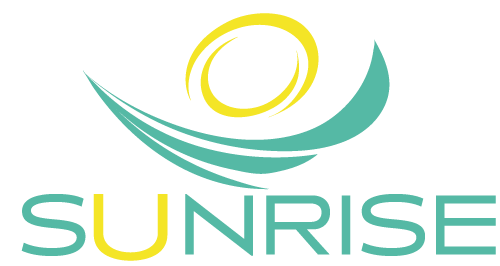
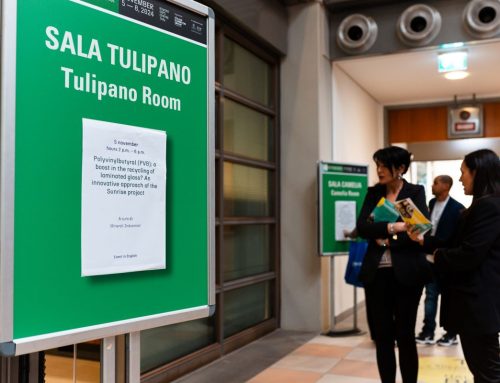
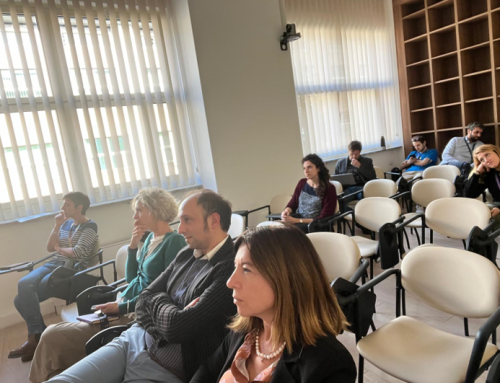
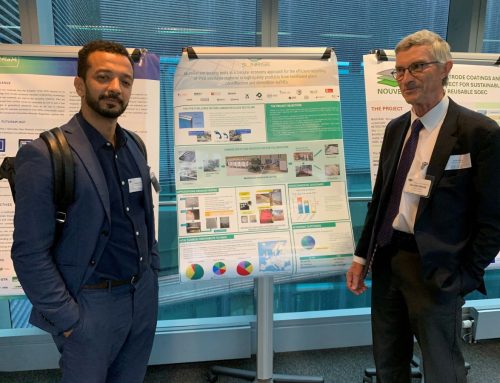
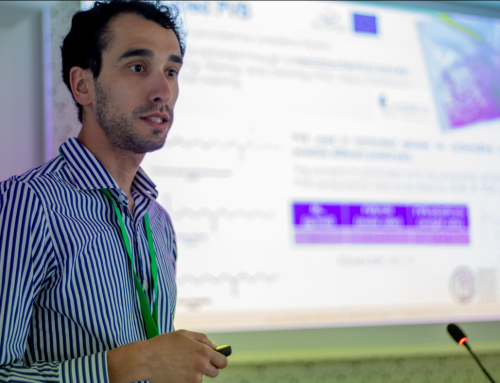
Leave A Comment